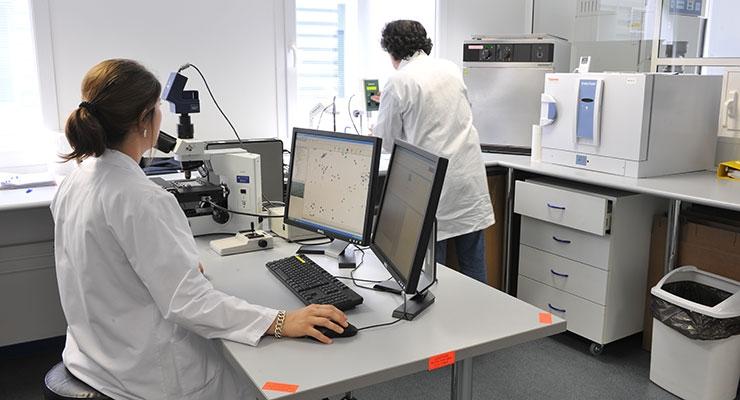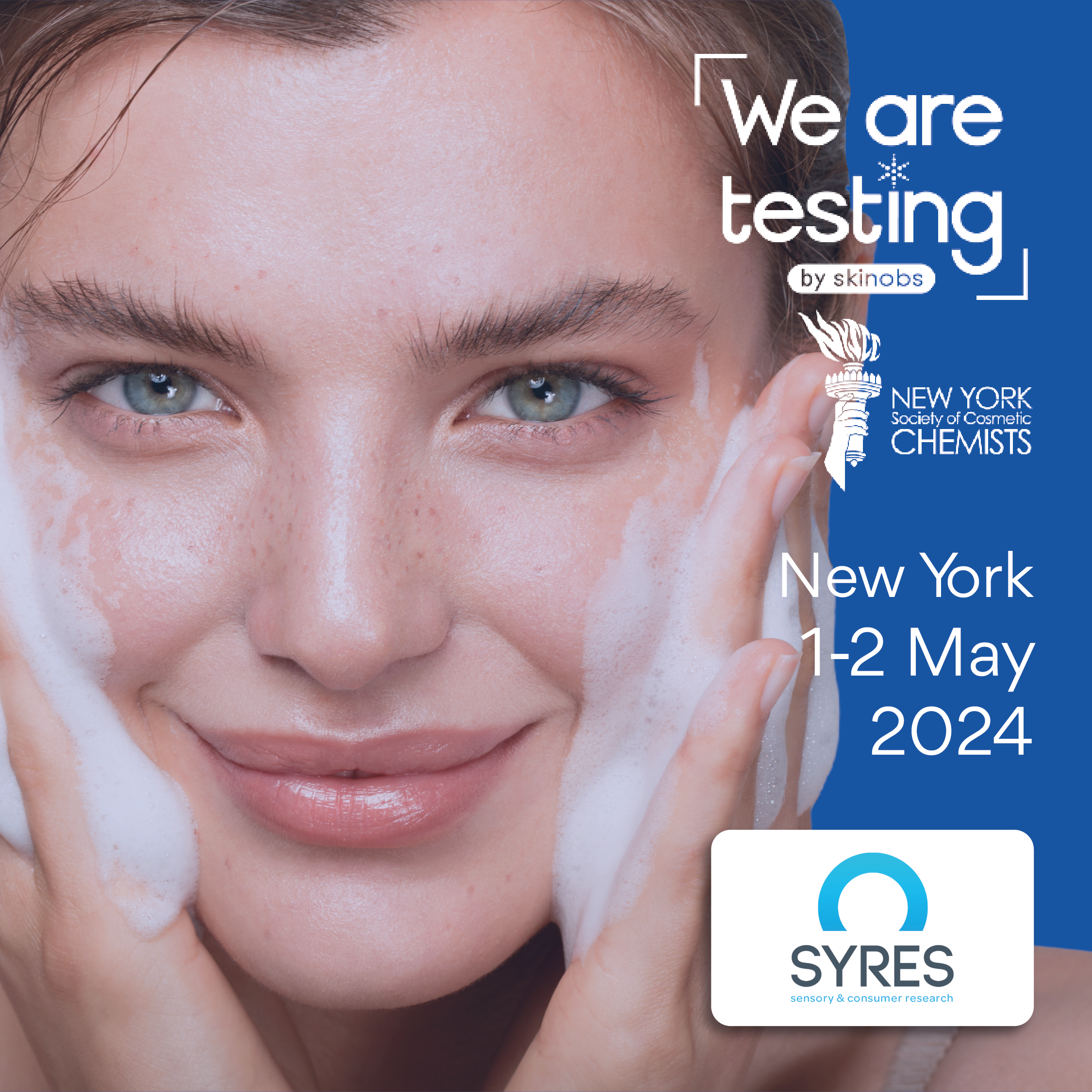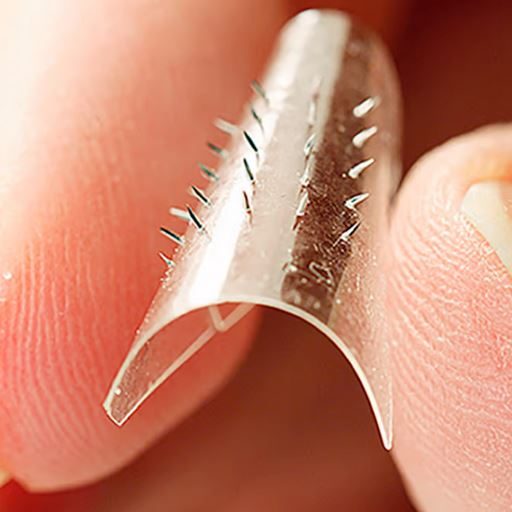By Melissa Meisel, Associate Editor
Great claims can provide a big boost to product sales, but claims also require testing, one of the best and most reliable methods for highlighting what consumers love about a product—or for discovering potential hidden problems and avoiding multi-million dollar mistakes.
If your claims are stellar, you’ve got the right marketing tools to move forward with a big splash, according to Denise Herich, co-founder and managing partner at The Benchmarking Company.
“This gives your consumer the all-important proof that buying the product is the right move for them, because they’ve read the claims from women like them,” she told Happi. “Brands that set themselves up with powerful feedback from a beauty product test run by a trusted third-party testing organization are as ready as possible for any outcome.”
Executives from leading testing service companies in the industry took time to Q&A with Happi about the latest trends. Here’s a look at what they had to say about technologies and consumer demand in the marketplace. A directory of testing service provides follows this feature on p. 60.
Happi: What have been the main service requests/jobs your company is seeing over the past year in terms of or personal care care/cosmetics testing? Is this different in any way? If so, how so and what do you think is behind it?
Jane Tervooren, global director corporate strategy and client services, Princeton Consumer Research, Princeton, NJ: We have been seeing an increase in requests for anti-aging products and regimens and Visia CR imaging and analysis. There has also been an increase in clients who would like to market their products on QVC and HSN. I believe this is the result of the significant demographic of aging baby boomers, and the education and exposure of younger generations to the latest products that may prevent premature aging of the skin. We have also seen an increase in AP and deo testing requests. This is a very competitive space, and a high level of quality testing can help give a client the competitive edge.
Dr. Pascal Yvon, PharmD, MBA, US Business Development Head, IDEA Tests, Philadelphia, PA and Bordeaux, France: IDEA Tests specializes in toxicology, tolerance and efficacy evaluation (in vivo and in vitro) for both finished products and ingredients. We act as a real interface between R&D, marketing and regulatory departments, providing suitable tests in perfect agreement with our customer needs and regulations in force. In 2015 we have seen a significant increase in efficacy clinical testing for claim substantiation and solar testing.
And due to the higher demand for safety, we also act more and more in the field of in vitro toxicological testing and regulatory advice (regulatory reviews, safety report and safety assessment).
Howard Baker, managing member, Product Integrity Laboratory, LLC, Landing, NJ: Product-package compatibility testing, stability testing, and other tests that support product development efforts are the key requests we receive. In addition to freeze-thaw cycle testing, which is familiar to many people, we have run a number of heat cycle tests lately. These show whether the package can stand the stress of increased internal pressure that results from temperatures of 50°C (122°F). This kind of temperature happens in trucks during shipment and in cars parked in the sun. The exposures aren’t long, but they can do damage. Pumps don’t always hold their seal, bottle bottoms bulge out and don’t return to their original shape, and the like. Airless packages are vulnerable because there is no headspace to absorb the expansion of the product as it gets warmer.
Quality control testing of ongoing production is also an important area. Many distributors rely entirely on their vendors and their own over-worked product developers for quality control evaluations. We lighten the product developers’ loads and verify the results that contract manufacturers report from their quality testing.
Bradford Rope, founder and president, Bioscreen, Torrance, CA, with clinic locations both Los Angeles and Phoenix, AZ: There has been a significant increase in claims support testing requiring instrumentation for scientific testable claims. This is a change away from the use of questionnaires and subjective evaluation, which was the trend in the past few years. Additionally, Proposition 65 has increased analytical testing requests.
Happi: What are the main challenges your customers have when it comes to their testing?
JT: The main challenges that our clients have when it comes to testing are study costs and meeting timelines. Clients may want a robust study design, but their budget will only allow for a very basic design that will limit the type of claims that can be substantiated.
PY: Customers come to us with a real need in terms of understanding the regulations and mainly to help them determine the right strategy to market their products on a global basis in compliance with the regulations. The information to gather, the number of documents, certificates to obtain, the administrative procedures, etc. are numerous and it can be overwhelming and easy to loose track. With our holistic approach and expertise, we have a strong added value in this field for our customers.
HB: Time and samples are the key challenges. Development timetables usually pursue launch dates aggressively and don’t leave time for full evaluation of the product stability and compatibility with the packaging. With old familiar formulas in old familiar packages the risks are often small, but when the elements of a new product are cutting edge, there is no familiarity that justifies taking risks with the product. Package suppliers do some amount of testing with their new designs, but not with your product or under the full range of conditions your product will experience. Their job is to sell you the package. I suppose your job as a product developer is to trust but verify.
Getting enough samples for testing is another common challenge, especially with new, custom designed packages. Doing tests with fewer samples means that the test results aren’t as convincing as they could be. If a package will fail only some of the time, you need to test enough samples to find those few. Making decisions on positive results from performance of only a few samples assumes a greater level of risk.
It’s also fair to say that the usual safety testing done on personal care products—patch testing and preservative effectiveness testing—is a bare minimum for establishing the overall integrity of a product.
BR: The main challenges for clients is the different worldwide testing requirements and an uncertain regulatory environment in the US.
Happi: Has your company invested in new equipment/space/services for household or personal care testing? Please tell us about those enhancements.
JT: Princeton Consumer Research has invested in our 11,000 sq. ft., state-of-the-art global headquarters in Princeton, NJ. This site has one of the largest environmentally controlled rooms in the US, a full service hair salon, and a wide array of the latest bio-instrumentation.
Our newest 12,000 sq. ft. site in St. Petersburg, FL is opening in November, and will offer the same amount of bio-instrumentation as well as two large environmentally-controlled rooms.
PY: This year again we invested in the development of our capabilities in terms of instrumentation on one side, this is the case for the extreme weather conditions room for specific clinical tests (e.g. antiperspirant for extreme sports), or analytical instruments for in vitro tests such as KeratinoSens and DPRA (sensitization), but also in terms of new clinical centers in order to address the growing demand for clinical and solar testing; i.e., Bangkok, Thailand; Jakarta, Indonesia and more recently, in Lille, France.
HB: We expanded our facilities about two years ago to better handle the volume of samples and tests that we conduct.
BR: Bioscreen has invested in a larger clinical facility in Los Angeles and also increased capacity in our microbiology department to meet testing demands. Additional instrumentation for heavy metals testing by ICP/MS and OES has also been added.









 Follow us on Linkedin!
Follow us on Linkedin!